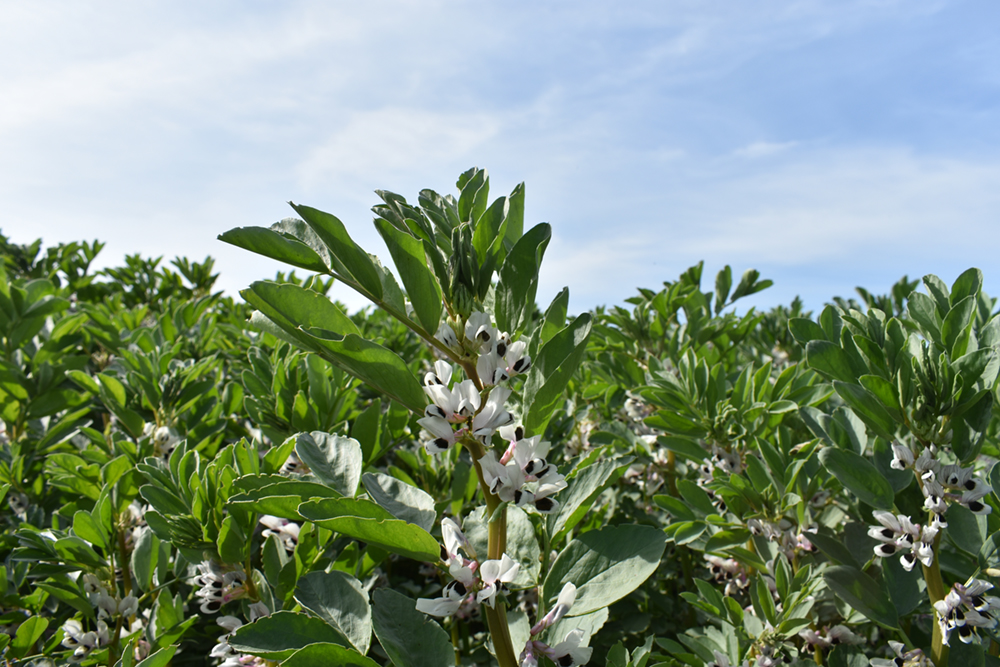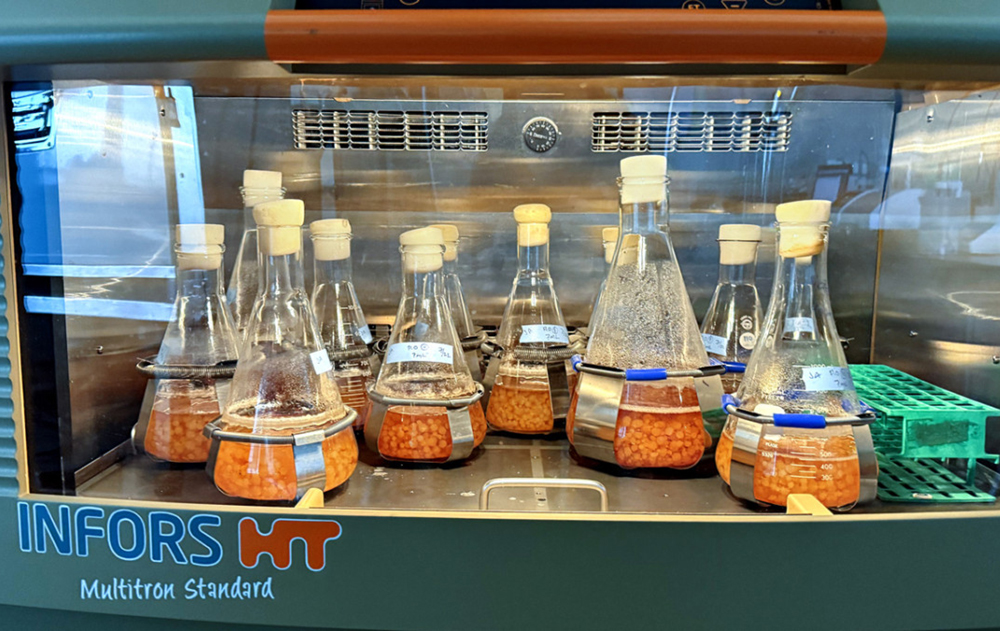
.jpg)
Aleph Farms achieves breakthrough as independent study confirms profitability of cultivated beef cuts
Aleph Farms has reached a new milestone in the race to commercialize cultivated meat, with a first-of-its-kind independent techno-economic analysis (TEA) confirming that its cultivated beef steaks can scale profitably today.
The study, conducted by Eridia, a bioprocess engineering firm jointly established by Bühler and ZETA, validates that Aleph Farms’ cultivated whole-cut beef product, known as Aleph Cuts, can achieve short-term profitability without relying on unproven technologies or speculative assumptions.
According to the analysis, Aleph Farms’ petit steak can be produced for US$6.45 per pound and sold at a wholesale price of US$12.25 per pound, generating a 47% gross margin and an annual net profit of US$78.5 million. The study also estimates a payback period of just 2.5 years, underscoring the financial viability of cultivated beef at scale.
“This was not a theoretical nor academic exercise,” the company said. “It was an industrial-grade study based on real-world technologies.”
Unlike many cultivated meat startups, Aleph Farms has chosen to work with non-modified, non-immortalized cells, a strategy often regarded as more costly and technically demanding. The Eridia study demonstrates that profitability is possible with this approach using commercially available equipment and processes already deployed in bioprocessing industries.
The TEA evaluated production at a realistic scale using 5,000-liter bioreactors, rather than relying on assumptions about hypothetical mega-reactors. Facilities in both Asia and Europe were assessed, reflecting Aleph Farms’ localized and modular scale-up strategy.
The findings show that raw material inputs are the largest contributor to cost of goods sold (COGS), but also highlight significant opportunities for further efficiency gains. Sensitivity analysis suggests that with ongoing process optimization, COGS could be reduced to as low as US$4.08 per pound of finished product.
One of the most striking outcomes of the study is that Aleph Farms’ cultivated beef does not need to depend on premium positioning to achieve profitability. The TEA benchmarked wholesale pricing against premium beef cuts such as tenderloin and ribeye, using a reference price of US$27 per kilogram (US$12.25 per pound).
Even at a lower wholesale price of US$20 per kilogram (approximately US$9 per pound), the analysis shows that Aleph Farms’ business case remains attractive, with profitability maintained. This aligns with consumer trends, particularly among flexitarians who seek to diversify protein sources while remaining price-conscious, and who are motivated by health, sustainability, and animal welfare.
“Premium positioning might be achievable, but it is not required for profitability,” the company noted in a blog published today.
The independent verification of Aleph Farms’ economics provides a rare level of transparency in the cultivated meat sector, where cost competitiveness has often been a point of skepticism. By relying on current technologies and commercially available equipment, the study helps build confidence among investors, policymakers, and potential partners that cultivated meat can compete directly with conventional beef on both price and profitability.
Eridia, which brings together Bühler’s expertise in food processing technologies and ZETA’s experience in biopharmaceutical engineering, was selected for its focus on scaling industrial bioprocesses efficiently. Its industrial-grade methodology is intended to give stakeholders a credible view of the path to scale.
Aleph Farms said the validation strengthens its role as “a meaningful contributor to the future of the global protein economy and to the bioeconomy as a growing industrial approach for mass production.”
While the analysis represents a milestone for Aleph Farms and the cultivated meat industry more broadly, the company views it as only the beginning of its growth trajectory.
“For us, this validation is more than a milestone,” Aleph Farms said. “It is a step toward shaping a new category of protein for a new generation of eaters, one that bridges the gap between structurally fragile supply and evolving demand. It proves that better balanced food systems can be both sustainable and financially sound.”
The TEA confirms that cultivated protein has moved beyond vision into commercial reality, with Aleph Cuts demonstrating that profitability at scale is not only achievable but already within reach.
If you have any questions or would like to get in touch with us, please email info@futureofproteinproduction.com

.png)






